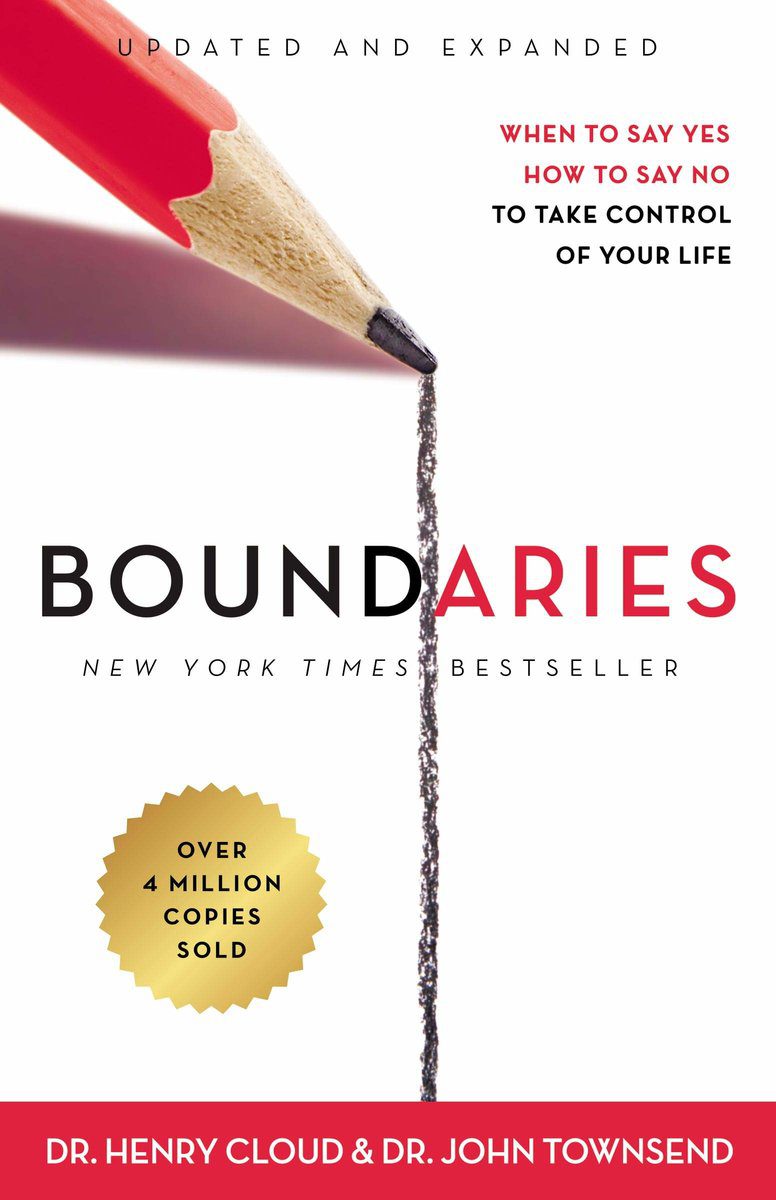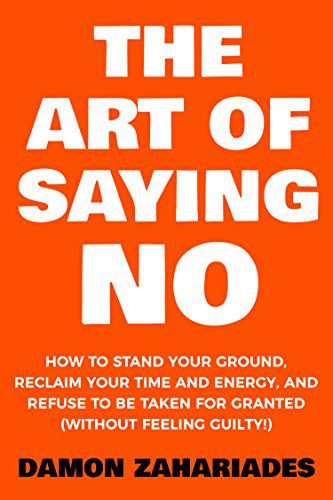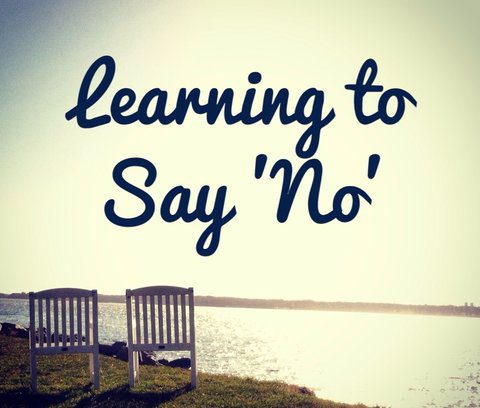Never explain does that need it don’t matter, does that matter don’t need it.
Life is a series of tradeoffs; saying yes to something is saying NO to something else. Chinese inventor and philosopher Lin Yutang once quipped, “Besides the noble art of getting things done, there is the noble art of leaving things undone. The wisdom of life consists in the elimination of non-essentials.” One of the toughest daily decisions we all have to make is saying NO to ourselves, our family, and our friends. Never explain does that need it don’t matter, does that matter don’t need it.
Time is the most valuable commodity in the world, and if it is not managed efficiently, you will spend it continuously optimizing for other people’s priorities. Nothing succeeds like success; success begets success. Be careful what you ask for; you might get it. When you get to the top, one of the challenges you will have to deal with is managing requests such as speaking engagements, coffee chats, mentorship requests, pitches etc. Your time here is limited, and your bandwidth begins to diminish with time because of your newfound success. Saying NO to people and their requests will be one of the skills you would have to develop quickly.
Half of the troubles of this life can be traced to saying yes too quickly and not saying no soon enough.” – Josh Billings
The key to saying NO is to say it graciously and sincerely. You can say something like: Thank you for the offer/invitation, but I can not do this now due to other commitments. Honesty is the best policy; mean what you say and say what you mean. No need to promise people what you know you are not going to do; this eventually leads to resentment and loss of trust in the relationship.
In their book, Boundaries, Updated and Expanded Edition: When to Say Yes, How to Say No to Take Control of Your Life 1, Drs. Henry Cloud and John Townsend describe strategies for saying and creating healthy boundaries in the process.

In the physical world, a fence or some other kind of structure usually delineates a boundary. In the spiritual world, fences are invisible. Nevertheless, you can create good protective fences with your words.
The most basic boundary-setting word is no. It lets others know that you exist apart from them and that you are in control of you. Being clear about your no—and your yes.
People with poor boundaries struggle with saying no to the control, pressure, demands, and sometimes the real needs of others. They feel that if they say no to someone, they will endanger their relationship with that person, so they passively comply but inwardly resent. Sometimes a person is pressuring you to do something; other times the pressure comes from your own sense of what you “should” do. If you cannot say no to this external or internal pressure, you have lost control of your property and are not enjoying the fruit of “self-control.”.

In The Art Of Saying NO: How To Stand Your Ground, Reclaim Your Time And Energy, And Refuse To Be Taken For Granted (Without Feeling Guilty!) 2, Damon Zahariades writes about the importance of saying NO.
Saying no to people is one of the most important skills you can develop. It frees you to pursue your own interests, both personal and professional. To that end, it’ll boost your productivity, improve your relationships, and fill you with a sense of confident calm that may seem alien to you at this moment.
The ability to say no is liberating. But developing the skill is often difficult. For most of us, it requires undoing years of practice to the contrary. For some of us, learning to say no counteracts a lifetime of indoctrination from our parents, teachers, bosses, coworkers, and family members.
But it’s worth the effort. Once you possess the ability to say no with confidence and grace, and do so with regularity, you’ll notice changes in how others perceive you. They’ll have more respect for you; they’ll place a greater value on your time; and they’ll come to see you as a leader rather than a follower.

In her article “How to Graciously Say No to Anyone 3,” Alexandra Franzen suggests the following script for declining a request: Thank the sender for thinking of you, decline, and, if you can, offer another form of support.
Hey [name], Thanks for your note. I’m so proud of you for ___—and I’m flattered that you’d like to bring my brain into the mix. I need to say “no,” because ___. But I would love to support you in a different way. [Offer an alternative form of support here] Thank you for being such a wonderful ___. I am honored to be part of your world. [A few closing words of encouragement, if you’d like] [Your name here].
Meditation
- Daily Jay with Jay Shetty – Follow the Fun
- Daily Calm with Tamara Levitt – Lightness
- Meditate in a light and friendly way. Bringing lightness into our practice can help
Podcast
- Ep. 255: The Failure Of Cybernetic Productivity
All the best in your quest to get better. Don’t Settle: Live with Passion.



Comments are closed.